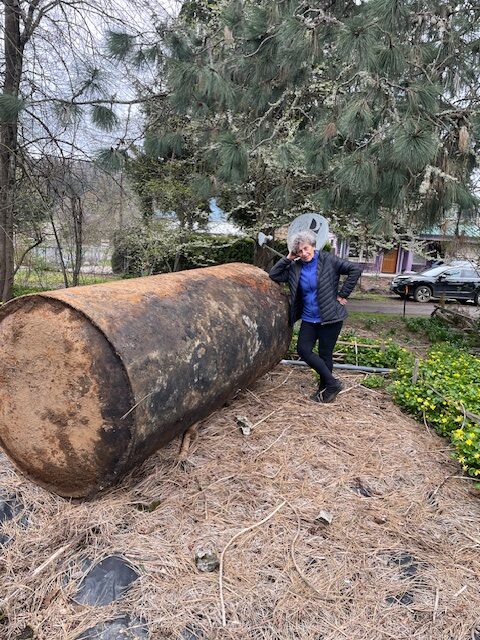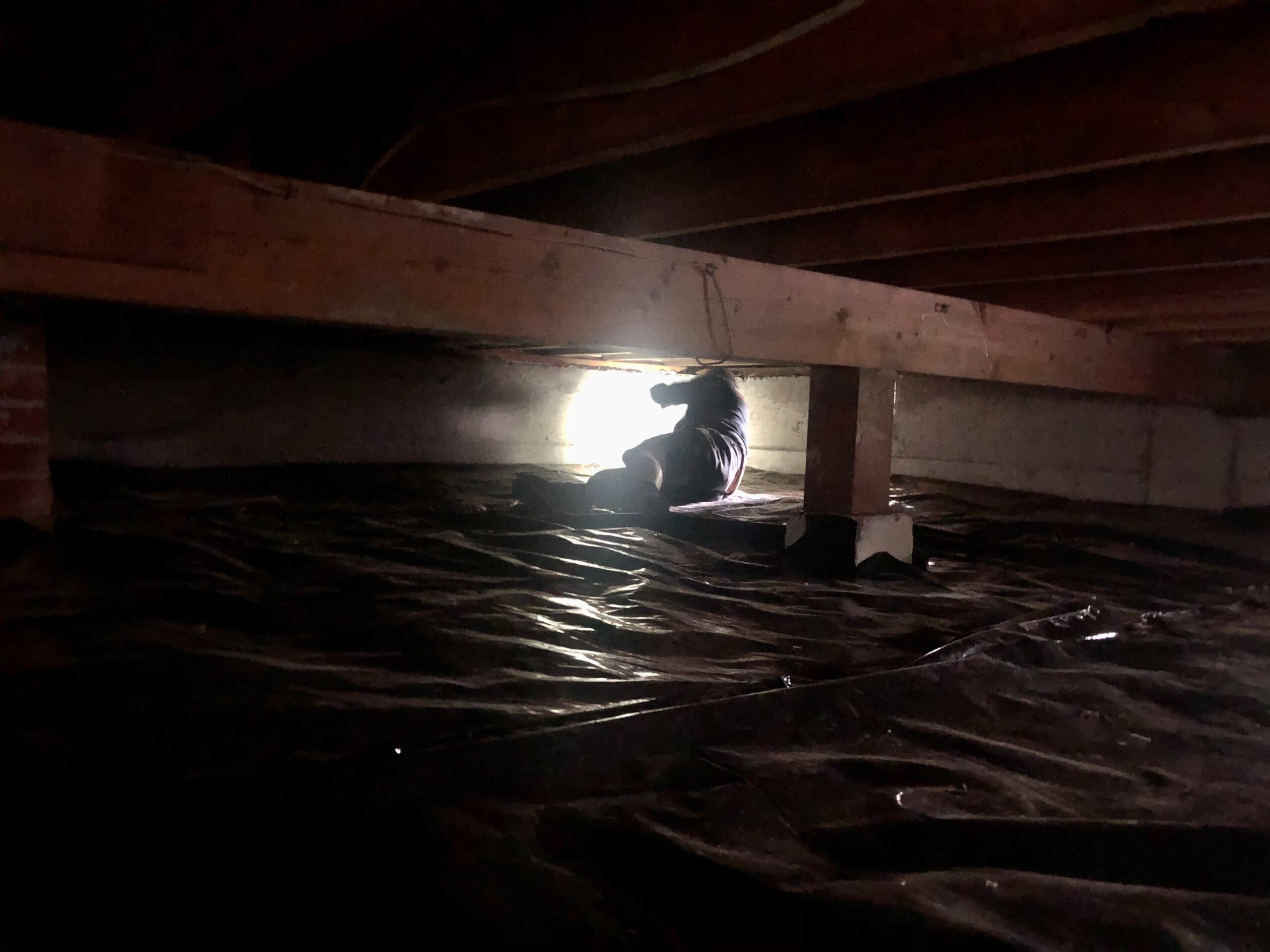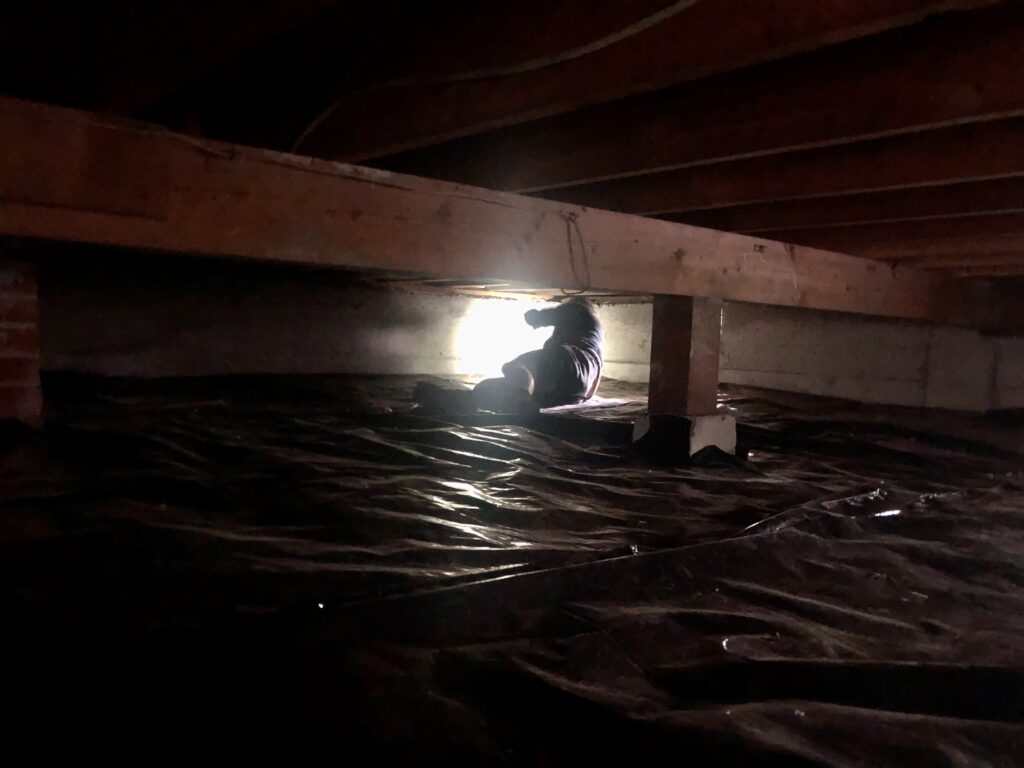Welcome to the wild world of real estate, where buried treasures (or tanks) lurk beneath the surface! Yup, we’re talking about oil tank searches—a step that’s more exciting than it sounds! Sure, it might seem like just another expensive item on the old inspection checklist, but trust me, taking the plunge and digging into those underground tanks can be a game-changer. It’s not just about avoiding future headaches and dollar signs—it’s about uncovering secrets that could make or break a deal! So grab your shovel and let’s get digging!
The Issue with Oil Tanks
Old timey oil tanks were all the rage back in the day for keeping homes toasty warm. But times change, and so do heating trends. Now days, it’s all about natural gas and electricity, leaving those old oil tank relics feeling a bit neglected. And guess what? They’re not taking it well. Yes, you heard it right—they’re hiding out underground, just waiting to cause a stink. So, while we’re enjoying our modern heating setups, those old tanks are plotting their comeback, one leaky surprise at a time!
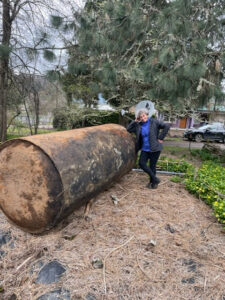
Oil in the Soil
You know those old oil tanks hanging out underground? Well, they’re not just chillin’ down there—they’re causing a bit of a ruckus! As time goes by, these tanks are known to rust and can leak their oily contents into the soil and groundwater. And let me tell you, when that happens, it’s not pretty! We’re talking about some serious environmental contamination that can turn a backyard into a greasy mess. It’s not just bad news for the folks living on the property; it’s a whole ecological disaster waiting to happen!
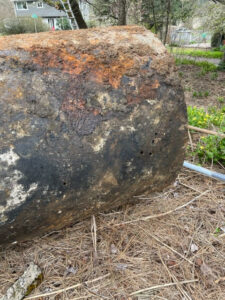
Let’s Talk Dollar$ and Sense!
Finding an old oil tank hiding in your backyard can be a real headache for everyone involved in the sale of a property. For sellers, if you’ve got a leaky or buried tank, it’s like a big red flag waving “buyer beware!” Potential buyers can be scared off by the thought of oily surprises lurking underground. And buyers, be careful! Many times sellers don’t even know they have this buried treasure and you could end up with a property that’s not just expensive to clean up, but also puts you in hot water if that oily mess spreads.
Dodging the Law’s Oil Slicks!
When it comes to those buried oil tanks, it’s not just about the environment and your wallet—there’s also a whole legal rigamarole to navigate! Depending on where you live, sellers may be required to disclose an oil tank lurking underground. Forget to mention it? Well, get ready for some legal drama! By doing your due diligence and sniffing out those tanks early on, you can sidestep any messy legal battles down the road. It’s all about staying on the right side of the law, folks!
Zen and the Art of Oil Tank Searches!
Ah, peace of mind—the holy grail of real estate transactions! For buyers, uncovering the secrets lurking beneath the soil, like those pesky underground oil tanks, brings a sigh of relief and shields them from surprise bills after the ink dries. And sellers? Well, they’re like real estate ninjas, swooping in to tackle tank-related woes before they scare off potential buyers. So, invest a little time and cash upfront, and watch as everyone glides through the transaction with the grace of a zen master!
Ready to dive into your next real estate adventure? Don’t forget to add oil tank searches to your checklist! Whether you’re buying or selling, it’s a crucial step that could save you from a world of trouble down the line. And if you found this post helpful and need a reliable real estate agent to guide you through the process, look no further! Contact me today, and we can make your real estate dreams a reality.
